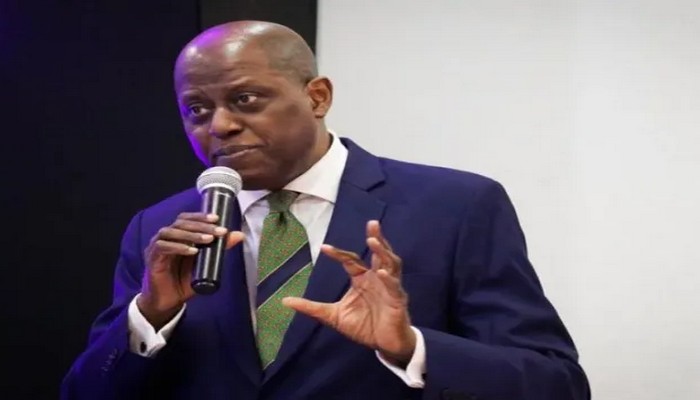
The introduction of revised Pan-African Payment and Settlement System (PAPSS) will facilitate payments in local currencies, minimise reliance on third-party currencies, reduces transaction costs and supports the rapid expansion of trade under the AfCFTA.
The CBN sets a new documentation requirements for transactions conducted through the Pan-African Payment and Settlement System (PAPSS) in Nigeria.
The apex said the new initiative is part of CBN’s ongoing commitment to foster seamless intra-African trade, financial inclusion and operational efficiency for
Nigerians engaging in cross-border payments within Africa.
Launched by Afreximbank in partnership with the African Union and the African Continental Free Trade Area (AfCFTA) Secretariat in January 2022, PAPSS serves as a centralised payment and settlement platform that enables instant, secure, and efficient cross-border transactions throughout Africa.
It would recall that in a recent circular referenced TED/FEM/PUB/FPC/001/006 issued on April 28, 2025, CBN outlined the key changes to the documentation requirements associated with PAPSS transactions.
It noted that under the Simplified Documentation for Low-Value Transactions, customers may now use basic KYC and AML documents provided to their Authorized Dealer Banks (ADBs) for low-value transactions (USD2,000 and USD 5,000 equivalent in Naira for Individuals and corporate, respectively).
For transactions above the thresholds, all documentation as stipulated in the CBN Foreign Exchange Manual and related circulars remain mandatory.
Under the Responsibility of Applicants, applicants are responsible for ensuring all regulatory documents are available to facilitate the clearance of goods, as required by relevant government agencies.
Under the Foreign Exchange Sourcing, authorized dealer banks may now source foreign exchange for PAPSS settlements through the Nigerian Foreign Exchange Market (without recourse to the CBN) while under the Export Proceeds, all export proceeds repatriated via PAPSS shall be certified by the relevant processing banks.






